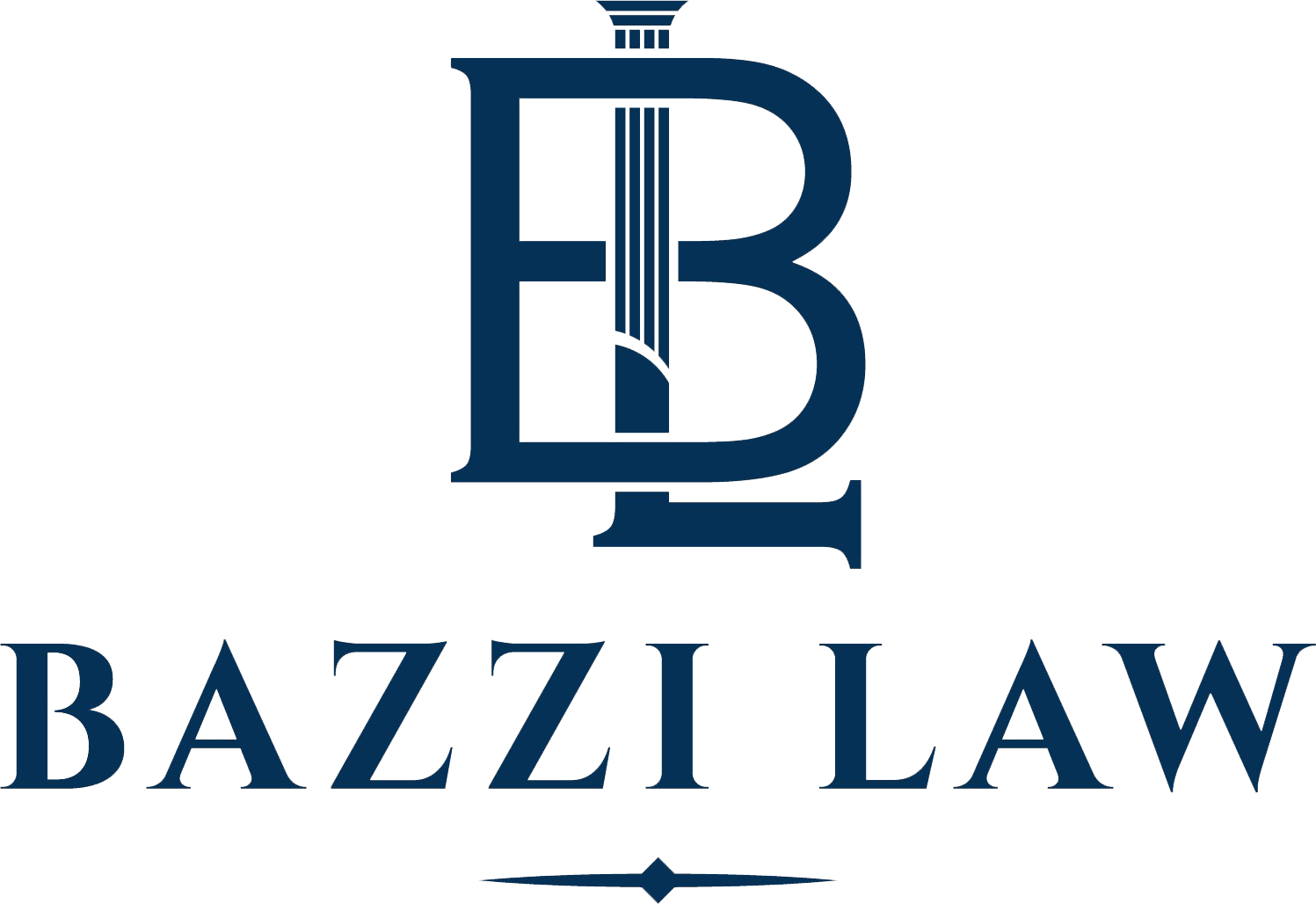Section 408C of the Criminal Code Act 1899 (Qld) (the Code) sets out the offence of fraud in Queensland.
Under s 408C of the Code, a person commits fraud if they dishonestly obtain a benefit, cause a loss, or expose another person to a risk of loss, by any of the following means:
- by deception;
- by dishonestly failing to disclose information;
- by dishonestly using information; or
- by any other dishonest means.
The maximum penalty for the offence of fraud under s 408C of the Code is 5 years imprisonment.
In certain cases, such as when a corporation is defrauded by a director or member of its governing body, or when an employer is defrauded by their employee, the maximum imprisonment may be increased to 14 years. Additionally, if the fraud involves $30,000 or more in value, the case may be committed to the District Court for trial.
To establish the crime of fraud, it must be shown that a person acted dishonestly in one of several ways, such as using property belonging to someone else, obtaining property from someone else, or persuading someone to deliver property to someone else. The primary element required to establish fraud is that the person acted dishonestly, which can be determined by examining the evidence and considering whether the defendant deliberately or recklessly acted in a way that suggests a dishonest intention.
Common defences to a charge of fraud may include showing that the alleged victim gave their lawful consent, or that the actions occurred in the context of a civil or family law matter. It may also be possible to argue that the alleged offence did not involve property as defined in the legislation. However, ‘making good’ on the alleged fraud (e.g. paying an amount owed), may not necessarily result in the charge being withdrawn, and may even be used as evidence of guilt.
In order to prove the offence of fraud, the prosecution must establish that the accused person acted dishonestly. This means that the person must have acted with the intention of gaining an advantage for themselves or causing a disadvantage to another person.
The prosecution must also prove that the accused person obtained a benefit, caused a loss, or exposed another person to a risk of loss by deception, by failing to disclose information, by using information, or by any other dishonest means.
Examples of conduct that may constitute fraud under s 408C of the Code include:
- lying on a job application to obtain employment;
- creating a fake social media account to obtain personal information from another person;
- using someone else’s credit card to make purchases without their permission;
- failing to disclose a material fact in a contract, leading another person to enter into the contract on terms that they would not have agreed to had they been aware of the fact; or
- making false claims on an insurance application to obtain a benefit.
If the prosecution can prove the elements of the offence of fraud, the accused person may be found guilty and sentenced to a term of imprisonment. In deciding on an appropriate sentence, the court will consider a range of factors, including the nature and seriousness of the offence, the accused person’s criminal history, and the impact of the offence on the victim.
If you have been charged with fraud, it is important to seek legal advice as soon as possible.

